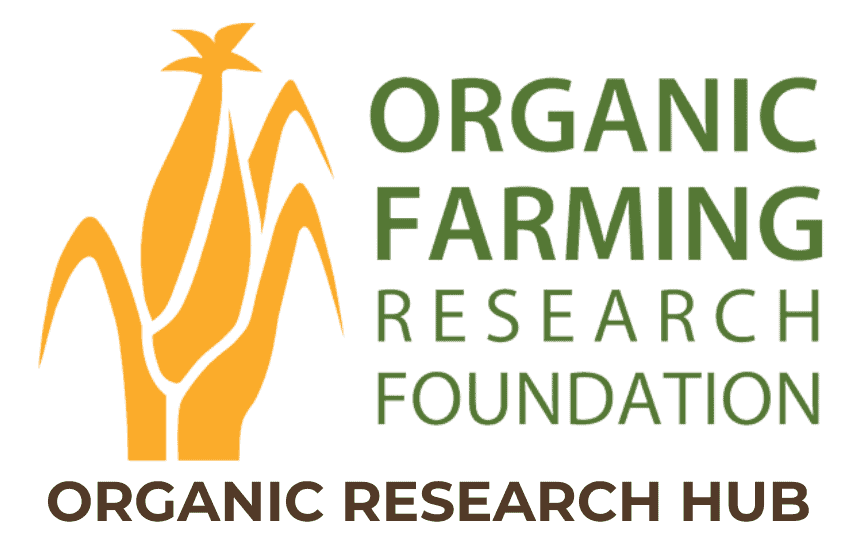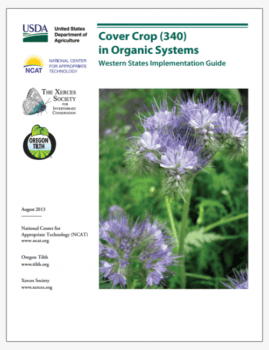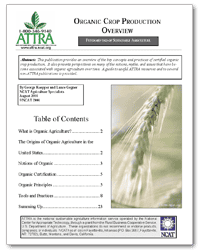On-Farm Analysis of Soils, Crop Performance, and Profitability of Organic, Integrated and Conventional Apple Production Systems
John Reganold, Washington State University

In 1994, a ‘Golden Delicious’ apple orchard was planted in Washington State to study different apple production methods: organic, integrated (low-input), and conventional. Brothers Andy and Eric Dolph divided a four-acre site into blocks and plots to test these methods. The organic method used no synthetic chemicals, the integrated method minimized them, and the conventional method used standard modern practices.
The study aimed to measure the effects of these systems on soil, crop yield and quality, and farm profit. Soil data was collected before planting and one year after. The organic system had higher soil moisture and lower temperatures. Total nitrogen increased in the organic system’s topsoil. Microbial activity was highest in the integrated system, while earthworms thrived in the organic system.
Leaf nutrient content varied among systems, but no significant differences in tree growth were found after two years. The conventional system yielded twice as much in the first year, likely due to less weed competition. Fruit maturity was similar across systems.
The study is planned for at least 10 years. Future research will include pest interactions, more soil and crop quality factors, financial performance, and statistical analysis. Results will be shared with growers, horticulturists, and scientists through meetings, field days, publications, and integration into the Washington State University curriculum. On-farm experiments provide credible insights for growers, and this project will offer students a practical view of sustainable agriculture.
Region
Northwest
Topic
Soil Health, Crop Nutrient Management, Business and Marketing
Category
Tree and Vine Crops
Date Range
2000 and earlier
Funding Amount
$3,420
Funding Year
1994Location
Pullman, Washington
Collaborators
Preston Andrews, Washington State University



